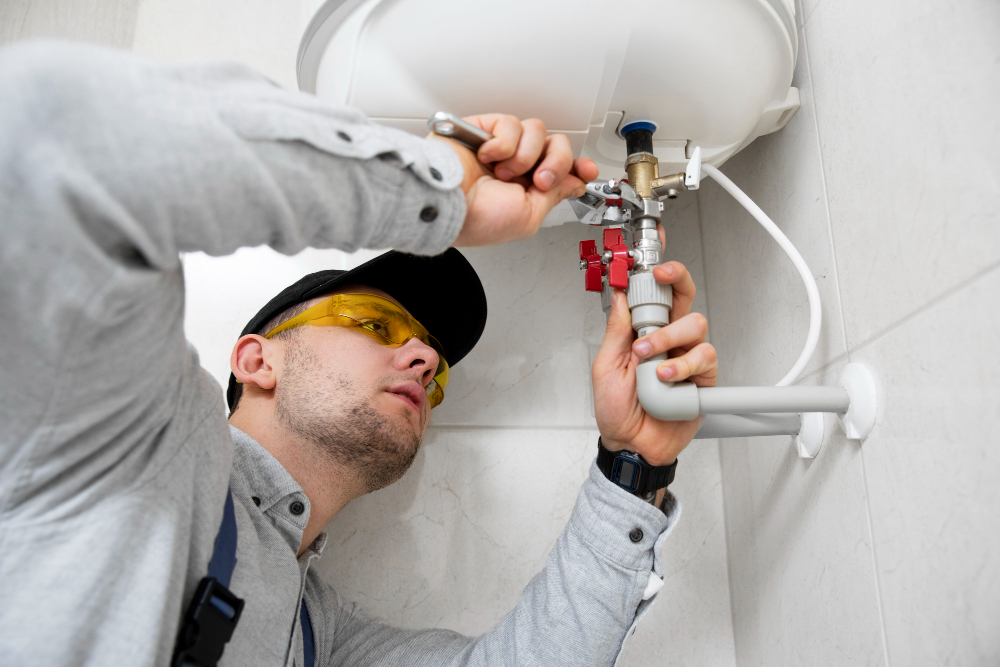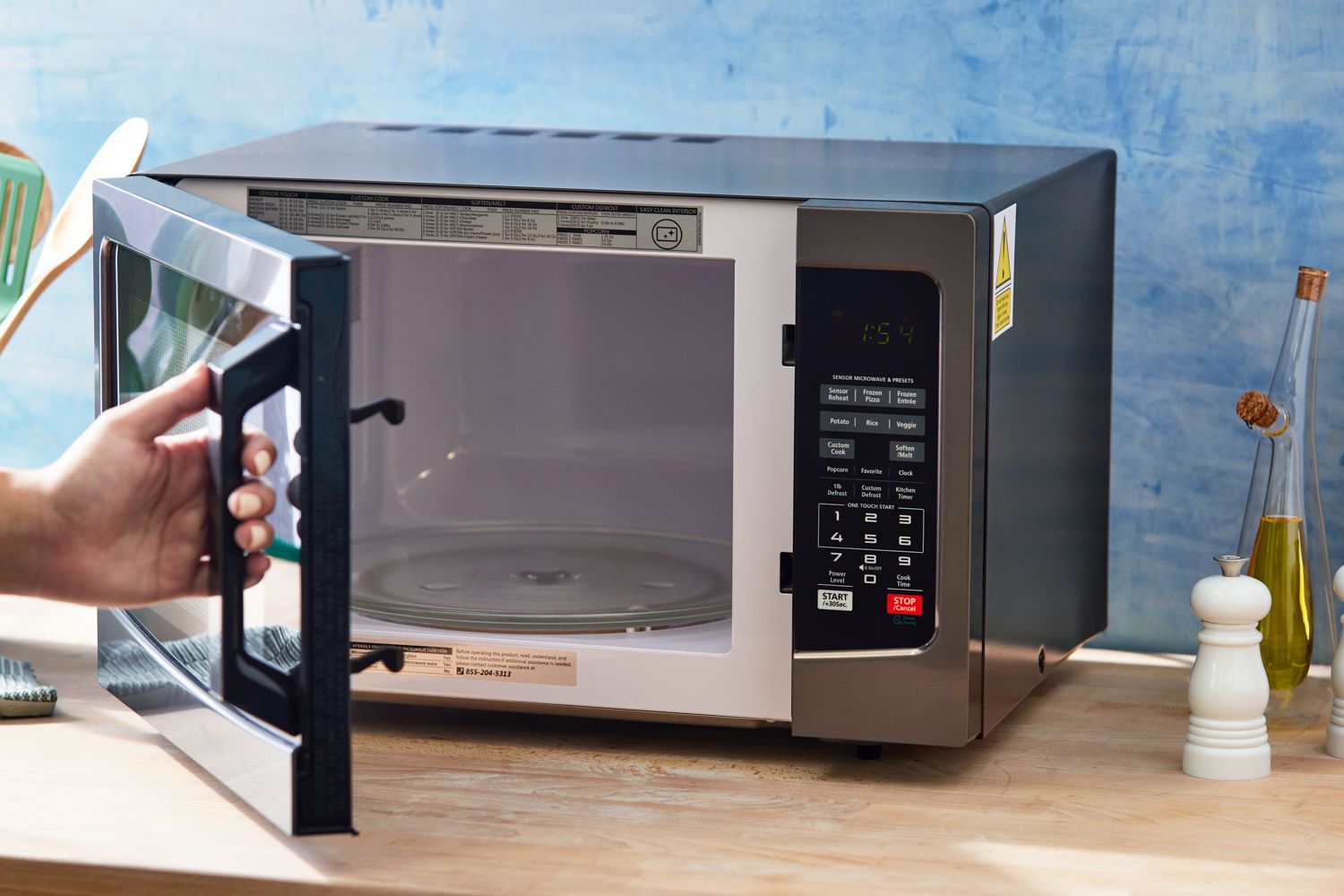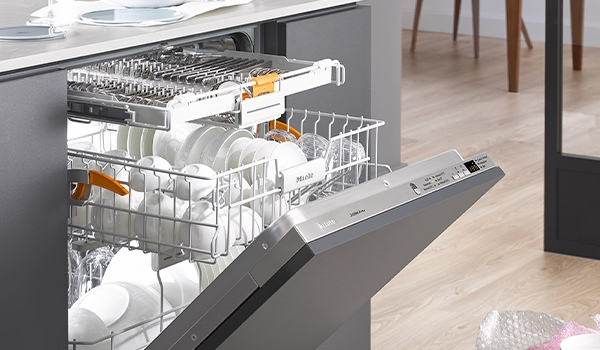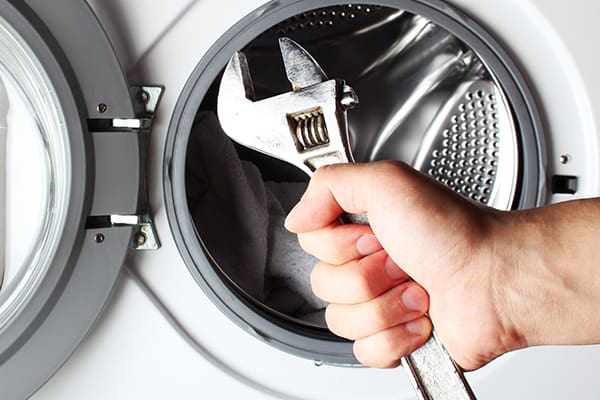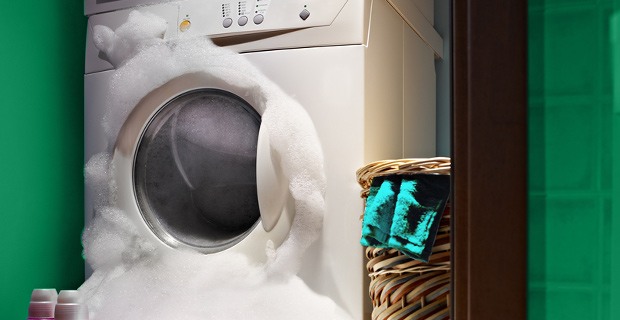Water Heater Issues and Repairs: An Expert Guide
Is your water heater not heating water adequately? Maybe you're experiencing fluctuations in water temperatures or hearing strange noises from the unit. "Water Heater Issues and Repairs: An Expert Guide" details the causes of these issues and how to resolve them, providing everything you need to know about maintaining and repairing your water heater.
Water Heater Issues and Repairs: An Expert Guide
Water heaters are an essential part of modern living, but they can develop various problems over time. One common issue is the absence of hot water, often due to a malfunctioning thermostat or a failed heating element. If you notice fluctuations in water temperature, this is usually caused by sediment buildup interfering with the heating elements. Excessive noise in water heaters is also typically due to sediment accumulation; the sediment crackles as it's heated.
If you see water pooling at the base of your heater, this usually indicates a serious leak and requires immediate professional attention. Such issues can often be prevented with simple maintenance and regular checks, so having your water heater professionally inspected annually is crucial.
What is a Water Heater and How Does it Work?
A water heater is an essential appliance in any home, providing hot water for various uses such as bathing, cleaning, and cooking. This appliance works by heating stored water and maintaining it at a preset temperature until needed.
Types of Water Heaters
There are several types of water heaters, each suitable for different needs:
- Tankless Water Heaters
- Storage Tank Water Heaters
- Solar Water Heaters
- Heat Pump Water Heaters
Tankless Water Heaters: These provide hot water on demand without storing it, offering energy efficiency and continuous supply.
Storage Tank Water Heaters: The most common type, these have an insulated tank where water is heated and stored.
Solar Water Heaters: Utilizing solar panels, these are environmentally friendly and reduce energy costs by harnessing solar energy.
Heat Pump Water Heaters: These extract heat from the air or ground to heat the water, which is energy-efficient and effective in warm climates.
The Operating Principle of Water Heaters
The basic principle involves a heat source (gas, electricity, solar, or heat pump) heating up water and a thermostat regulating the temperature. Tankless models heat water as it passes through heated coils, while tank models maintain a constant supply of hot water ready for use.
Common Water Heater Problems and Symptoms
Water heaters, like any household appliance, can encounter a range of issues that affect their performance and lifespan. Identifying common problems and recognizing their symptoms can help in timely troubleshooting and repair.
- No Hot Water
- Fluctuating Water Temperatures
- Excessive Noise
- Leakage Issues
No Hot Water. The absence of hot water is often caused by a malfunctioning thermostat or heating element. In gas water heaters, this could also be due to a pilot light that has gone out or a faulty gas control valve.
Fluctuating Water Temperatures. If the water temperature is inconsistent, this might indicate a buildup of sediment in the tank, affecting the heating elements' efficiency. It could also be due to a malfunctioning thermostat that fails to regulate the water temperature properly.
Excessive Noise. A water heater that makes rumbling, popping, or whining noises typically suggests sediment accumulation. The noise occurs as water bubbles up through the sediment, causing the tank material to overheat and make noise.
Leakage Issues. Water pooling around the base of the heater could signify a leak. This can be due to a range of issues, from a corroded tank or loose connections to a failing temperature and pressure relief valve. Immediate attention is required to prevent further damage or potential hazards.
How to Maintain Your Water Heater
Maintaining your water heater not only extends its lifespan but also ensures it operates efficiently and safely. Regular maintenance can prevent the frustrations of unexpected breakdowns and costly repairs.
The Importance of Regular Maintenance
Regular maintenance of your water heater is crucial for several reasons. It helps in maintaining energy efficiency, ensuring reliable hot water supply, and preventing premature breakdowns. Proper care also reduces the risk of costly leaks and increases the unit's longevity.
Maintenance Tips for Water Heaters
Here are some practical maintenance tips to keep your water heater in optimal condition:
- Annual Inspection
- Temperature Settings
- Drain and Flush the Tank
- Check the Anode Rod
- Insulate the Water Heater
- Test the T&P Valve
Annual Inspection: Schedule a professional inspection at least once a year to check for signs of wear, corrosion, or other potential issues.
Temperature Settings: Keep the water heater temperature at 120 degrees Fahrenheit to prevent overheating and reduce energy consumption.
Drain and Flush the Tank: At least once a year, drain and flush the tank to remove sediment build-up, which can impair your heater’s efficiency and damage the tank.
Check the Anode Rod: Inspect the anode rod every few years and replace it if corroded. This rod protects the tank from rust and corrosion.
Insulate the Water Heater: Insulating your water heater and the first few feet of the hot and cold water pipes can reduce heat loss and save energy.
Test the T&P Valve: Regularly testing the temperature and pressure (T&P) relief valve can ensure it functions properly, which is crucial for safety.
Selecting an Expert for Water Heater Repairs
When your water heater fails, selecting the right expert for repairs is crucial to ensure quality, efficiency, and longevity in the repair work. Understanding how to identify reliable services and what expertise to look for can save time, money, and prevent future issues.
How to Find Reliable Water Heater Services
Finding a dependable water heater repair service involves several steps:
- Ask for Recommendations
- Check Online Reviews
- Verify Licenses and Certifications
- Evaluate Response Time
Ask for Recommendations: Start by asking friends, family, or neighbors for referrals. People’s experiences can lead you to trustworthy services.
Check Online Reviews: Online reviews and ratings on platforms like Yelp, Google, and the Better Business Bureau can provide insights into the reliability and quality of local repair services.
Verify Licenses and Certifications: Ensure the service provider is licensed and certified to work in your area. Proper licensing signifies adherence to industry standards and local regulations.
Evaluate Response Time: Consider how quickly the service responds to inquiries and service requests, as timely repairs are critical for water heater issues.
Expertise to Look For in Water Heater Repair Services
When choosing a technician for water heater repairs, consider the following expertise and qualities:
- Specialization in Water Heaters
- Experience with Your Type of Water Heater
- Transparent Pricing
- Warranty and Guarantees
Specialization in Water Heaters: Look for services that specialize in water heaters rather than general plumbing. Specialized knowledge is crucial for effective diagnosis and repair.
Experience with Your Type of Water Heater: Whether you have a traditional tank water heater or a tankless model, find a technician with relevant experience.
Transparent Pricing: Professionals should offer upfront and transparent pricing without hidden fees.
Warranty and Guarantees: Choose experts who provide warranties on their work. This reflects their confidence in their service quality and ensures you are covered in case of future problems.


